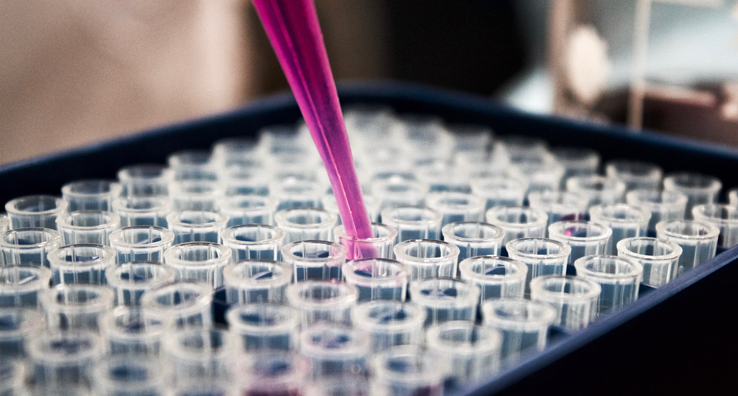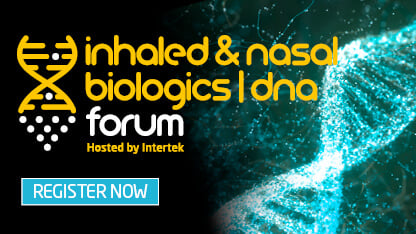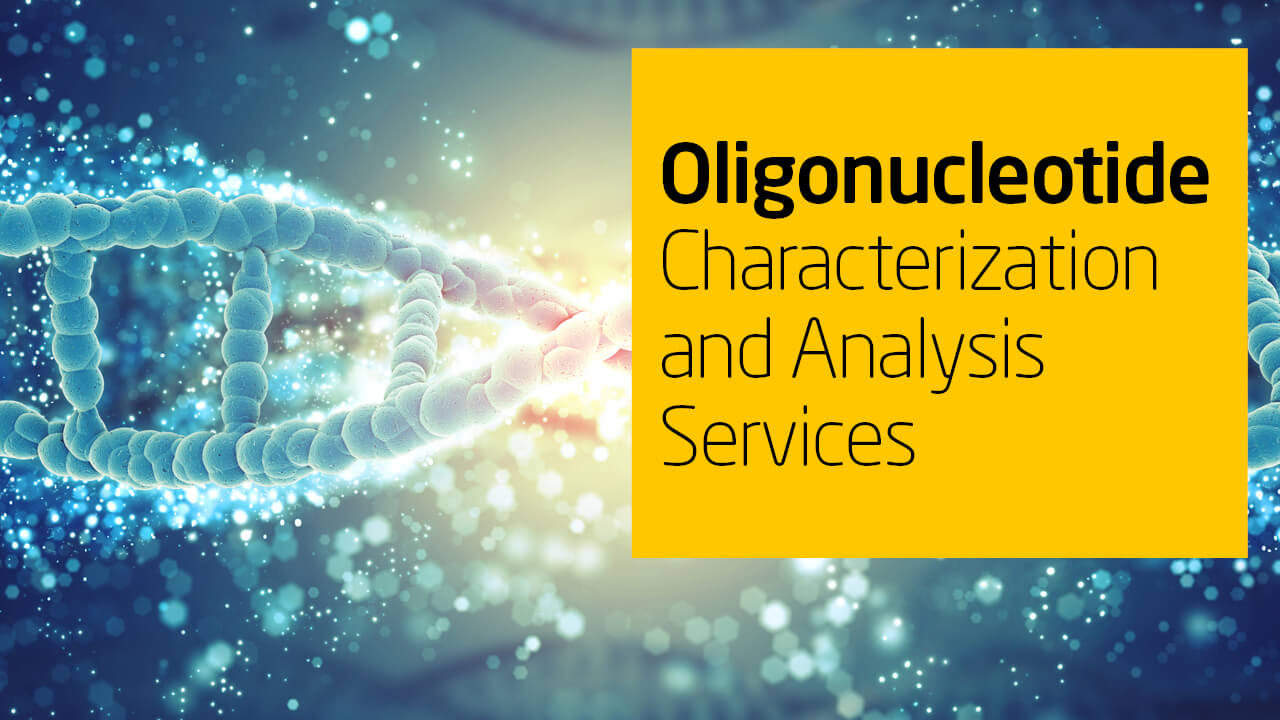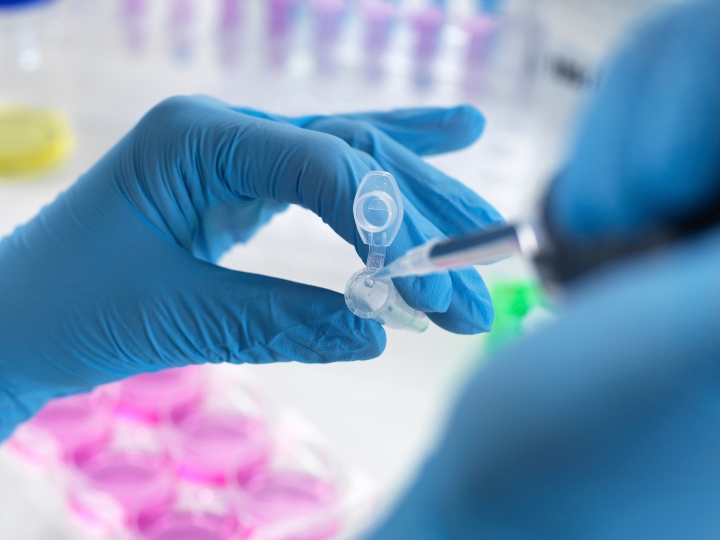Comprehensive mRNA characterisation, analysis, and GMP testing services for safe and high-quality therapies and vaccine products.
Strategic RNA therapy analytical development solutions - characterisation and GMP mRNA testing services to ensure your therapeutic, mRNA vaccine, and/or mRNA nanoparticle delivery system meets the highest levels of quality both through product development and commercialisation to ensure continued safety and efficacy.
Whilst presenting huge positives in terms of the capacity for rapid development, and positive safety profile, mRNA-based product development is not without its challenges. mRNA’s are large, complex molecules, which generally require a delivery system such as mRNA lipid nanoparticle to ensure systemic delivery of therapeutic doses. These characteristics create analytical challenges for mRNA testing in pharmaceutical development.
Due to complexities in the synthetic manufacture of mRNA-based therapeutics, and the potential for impurities, robust, analytical methods are required to ensure the continued quality and thus efficacy and safety of the therapeutic, including associated advanced delivery systems. This requirement starts during product development and continues through to commercialisation.
From a regulatory perspective, there is no EMA or FDA guidance specifically defining the CMC approach for mRNA therapeutics or vaccines for mRNA. However, principles of existing regulations can be applied, including ICH guidelines for cGMP, method validations, elemental impurities, residual solvents, and setting specifications. Moreso, mRNA therapies have been considered as gene therapies in recent clinical trials both by the FDA and EMA; guidelines relating to these products can also be applied.
Expertise in mRNA Analysis and GMP Testing
Supporting mRNA product development, we are adept at designing and conducting strategic characterisation and quality control programs, including formulation and stability assessment. These programs utilise high-end analytical instrumentation as well as a more traditional QC approach to generate validated analytical methods covering identity, quantity, purity, impurities (product and process related), and potency of the construct as well as of the delivery and container closure systems (extractables and leachables). At our GLP/GCP/GMP laboratories, scientists test mRNA drug substances or drug products to fully characterise the material, as well as for quality control (QC) purposes to help you confidently assess batch-to-batch manufacture, process repeatability, and general quality of mRNA produced.
mRNA-specific Analytical Methods
Our experts offer a variety of mRNA-specific methods, including testing for mRNA integrity, potency, capping efficiency, residual DNA templates, residual dsRNA, as well as delivery system efficacy and stability. In this quickly developing area, we are constantly re-evaluating the best approach and improving methodology as well as introducing new technology, the latest being the introduction in early 2023 of GMP next-generation sequencing (NGS) services to confirm sequence as well and to establish on-target/off-target effects.
Capping Efficiency and Poly(A) Tail Characterisation
Capping efficiency and properties of the Poly(A) Tail length require careful monitoring as any change can introduce undesirable effects. For example, Poly(A) Tail length variations are associated with changes to the potency of the product. Assessing these structural features requires complex methodology and instrumentation and would typically involve digesting the mRNA with enzymes that allow isolation of the relevant 3’ or 5’ end and analysis using chromatographic approaches coupled with UV and MS detection.
mRNA Quality Control Testing
mRNA quality control challenges are linked to the distinct impurities and degradation products of these modalities, which necessitates the development and validation of complex analytical QC methods to ensure a safe and efficacious product. Alongside conducting impurity testing for typical process-related impurities, such as residual solvents and trace metals (ICP), we also provide solutions for the determination of more mRNA-specific impurities such as quantification of any residual dsRNA.
Potency Assays for mRNA Therapies
Understanding the potency of the mRNA product is of the correct potency and consistent batch-to-batch requires the development of assays designed to determine relative potency, that is the potency of any batch relative to a well-characterised reference material. At Intertek, we are experts in the development and validation of such assays, including for both mRNA therapeutics and vaccines. These methods are typically based on the transfection of cell lines appropriate to the intended application, with the mRNA drug substance or product, followed by monitoring of an induced effect, such as quantitative and/or functional assays of a target protein that if the material is potent would be expressed in the cellular system. While the initial cell stage is often common between constructs, the readout typically requires the development of a bespoke functional assay or ELISA.
Advanced mRNA LNP Delivery Technologies
Encapsulation of mRNA before delivery is often required to improve bioavailability and safety. Lipid Nanoparticles (LNPs) are a typical encapsulation system that is gaining increased attention as an mRNA drug delivery technology. mRNA LNPs typically have a single phospholipid outer layer that encapsulates the mRNA, providing a vehicle for mRNA drug products (DPs). As a critical part of the drug product, a suitable quality control strategy is required relevant to the delivery system itself.
Our scientists provide a package of analytical services aimed at the assessment of such critical quality attributes – such as assessment of physicochemical properties, lipid content/composition, encapsulation efficiency, as well as in vitro methods to predict the kinetics of release of drugs from the LNP formulation, characteristics which are necessary to understand both through submission of an Investigational New Drug Application (IND) as well as being an integral part of long-term quality control.
Development of Inhaled and Nasal Delivery Solutions
Whilst mRNA drug products or vaccines are specific in their mode of action and are typically administered via subcutaneous or intravenous routes, the potential for inhaled or intranasal administration presents a more desirable mode of self-administration, resulting in an improved patient experience and compliance. More so, these routes of administration can provide the ideal mechanism for targeting delivery to the respiratory system or, in the case of the nasal entering the central nervous system.
Our scientists provide complete development solutions for inhaled or nasal delivery, including formulation, device selection/compatibility, and analytical development from both the molecule (structure, physicochemical properties, potency) and delivery performance aspects (delivered dose, delivery rate, aerodynamic droplet size distribution, etc).
Total Quality Assurance for mRNA Therapy Development and QC
At
Intertek Pharmaceutical Services, we believe that the best practice approach to supporting the analytical development of mRNA therapies involves using orthogonal techniques wherever possible. Methods should be validated appropriately to the relevant phase of clinical development, regulatory submission requirements, or for supporting ongoing quality control of the approved product. By integrating advanced analytical technology with a strong heritage supporting pharmaceutical product development, our experts offer Total Quality Assurance Solutions to help you ensure the safety, efficacy, and quality of your mRNA product.





